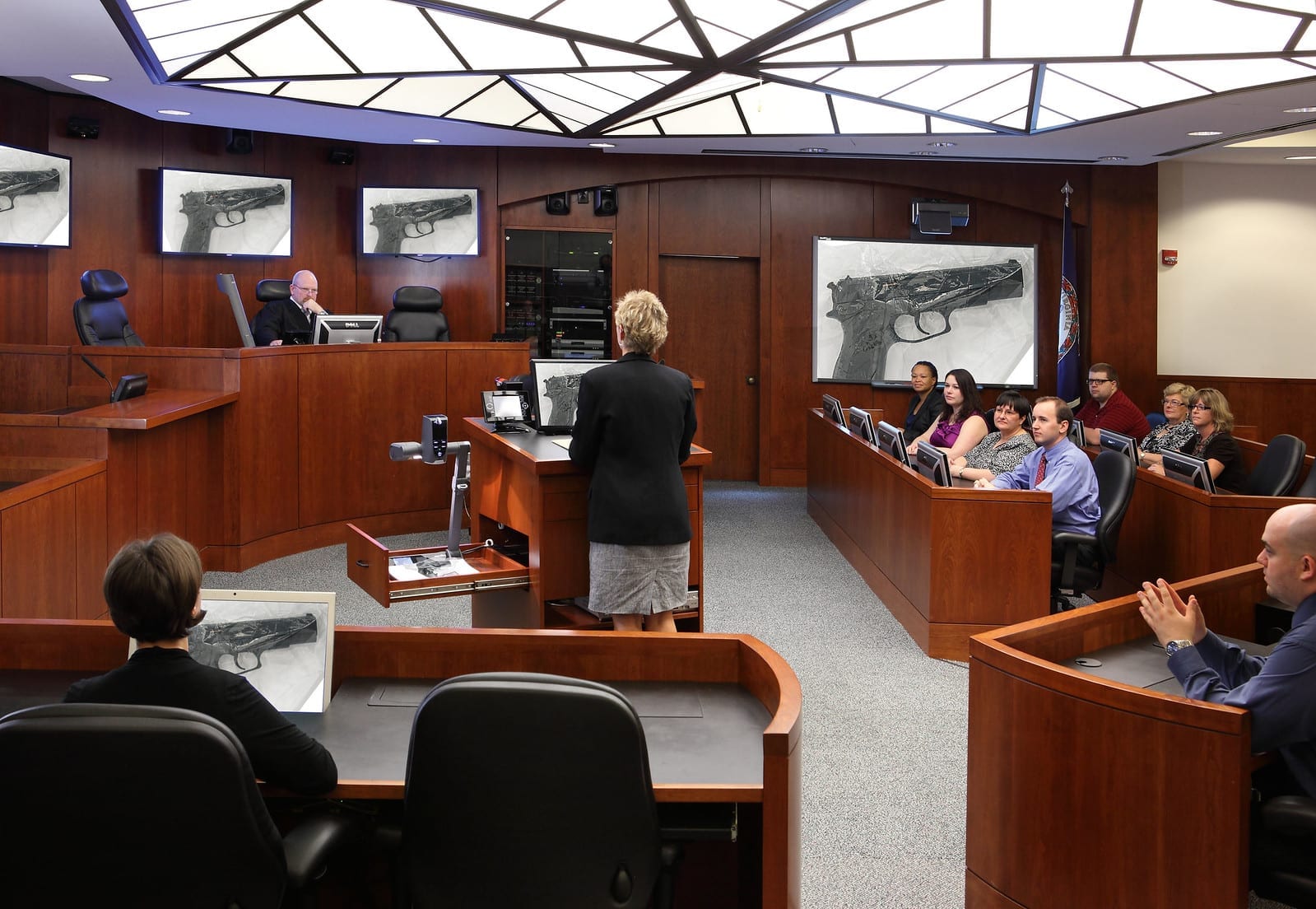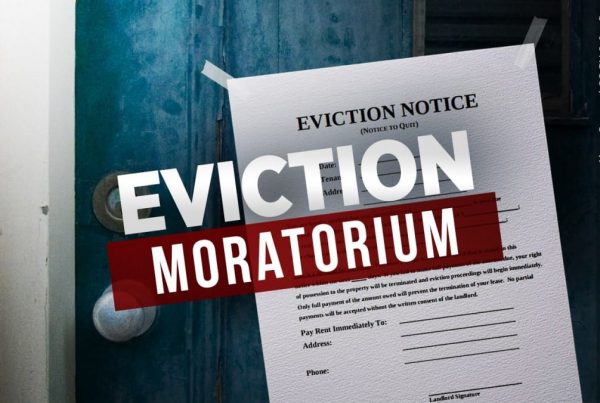FHA Violations – Unfortunately, even good landlords commit them
As I travel around teaching classes to landlords, I hear way too many stories about the landlords that unintentionally commit FHA violations. These stories hit me especially hard because, if they would have attended one of my FHA classes they would have known how to avoid these mistakes. Don’t get me wrong though, I don’t believe for a second that all FHA violations are unintentional. The sad reality is that most violations are committed by the very small percentage of landlords that make the rest of us look bad.
The FHEO Annual Report on Fair Housing (http://portal.hud.gov/hudportal/documents/huddoc?id=FY2016FHEOAnnualReport.pdf) came out earlier this year. This yearly report summarizes everything HUD/FHA related for the July 2015 – June 2016 fiscal year. There were 8,385 FHA violation complaints and of those that were found in violation (about 800) received $25,297,453 in civil penalties/fines. That’s an average of close to $30,000 per violator. HUD civil penalties / fines have maximum limits that range from $19,787 – $98,935 per violation depending on the circumstances. Keep in mind that these are just the amounts that go to HUD and do NOT include the plaintiff’s actual damages, legal fees, and punitive damages. These can range anywhere from $10,000 to well into the millions in some cases.
After you factor in the defendant’s legal expenses defending their actions the total cost can quickly hit the $100,000 mark. Most landlords have less than 5 units and an expense like this will surely send them into bankruptcy and their properties into foreclosure. For those that are intentionally discriminating, I say good riddance. Sadly though, there is always a small percentage of landlords penalized that did something as simple as advertising that their unit would be ideal for families with children, because it is close to a good school.
Of all the complaints filed, well above 75% of them involved some form of discrimination violation within the terms, conditions, privileges, facilities, advertising, and/or statements. That means that most violations occur before the tenant even applies for the unit. To learn the ins and outs of FHA & Discrimination laws, you really need to attend a continuing education class. This article merely touches on the surface of all that you should know.
I can give you a general guideline to follow that will help you avoid the most common unintentional FHA violations. A landlord’s job is to provide the facts a tenant needs to determine what is best for them. A landlord does not have a right to influence the tenant’s decision. When you are creating your unit advertisement or answering questions about the property, this is very important to remember. Did you stick to the facts and allow the tenant to determine why your unit is or is not ideal for them? Typically, this all comes down to how you word things. A common mistake I see is when landlords are advertising a unit close to a school.
Incorrect, “Great rental unit across the street from Lincoln Elementary is ideal for a family with young children.”
Correct, “Great rental unit across the street from Lincoln Elementary School.”
A tenant that does not have a family could see the first example and assume that by saying it is good for families with young children, it is not a good choice for them. By sticking to the facts like in the second example, you don’t push them towards that assumption. The tenants with young children will naturally come to their own conclusion that your unit is ideal for them. Simply by changing the wording you still get to advertise the good things about your unit without unknowingly committing a FHA violation. You allow the tenants to decide if your unit is ideal for them without nudging them in either direction.
Personally, I don’t disagree with any of the FHA / Discrimination laws and I am not proposing that we change them. They exist to provide some protection for people that truly need it. I simply want to point out the risks for landlords and thus the importance of attending continuing education classes on a regular basis. There are very simple things that you can do to protect yourself, but you don’t know what you don’t know. Right?
President of IRC Real Estate / Property Management and R.P.M. Education




